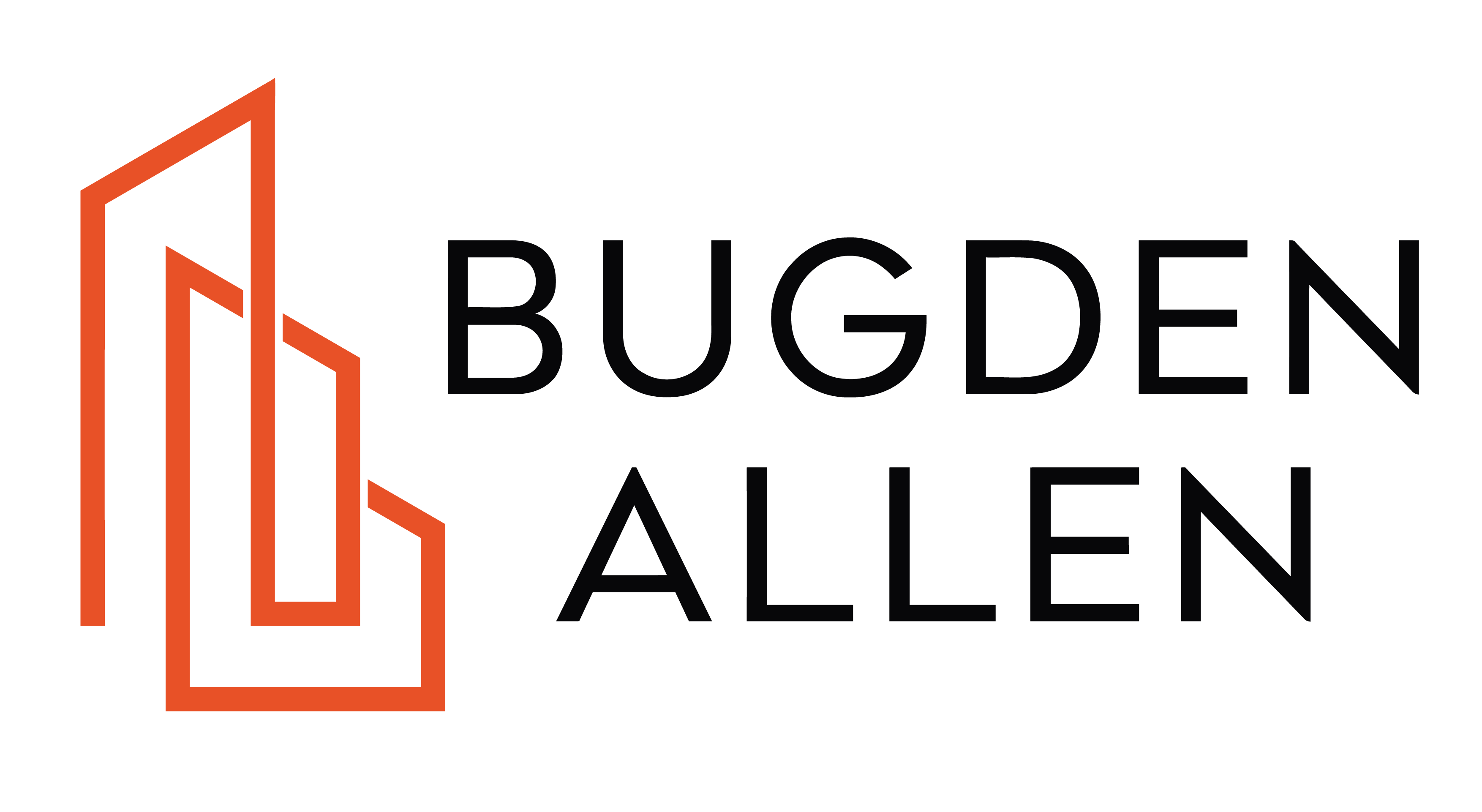Culpability and Cost: Making Sense of Section 23A(3)(a)
Section 23A of the Owners Corporations Act 2006 (Vic) (the Act) represents a clear shift in how strata communities manage financial accountability, particularly in situations involving damage, insurance claims, or increased premiums. At the heart of this reform is a simple principle: if a lot owner’s serious conduct causes loss to the Owners Corporation (OC), they should bear the cost.
This article focuses on the first of the three mechanisms introduced by Section 23A: where an OC is entitled to levy a lot owner following an insurance claim that arises from that owner’s culpable or grossly negligent conduct. While Section 23A reflects a fair and logical shift in policy, its recent introduction means there is still uncertainty about how it will operate in practice.
The Legal Trigger: Culpable or Grossly Negligent Conduct
Section 23A(3)(a) provides that an OC may levy a lot owner for the excess amount or increased premium resulting from or attributable to a claim “caused by a culpable or wilful act or the grossly negligence” of a lot owner, their tenant or guest.
This is a fault-based mechanism. It is not enough that damage occurred in or around a lot’s occupancy; the OC must be able to demonstrate that the claim was caused by a culpable or grossly negligent act or omission of the lot owner, their tenant, or a guest of either.
Although the Act does not define culpable or grossly negligent, assistance may be drawn from relevant case law. In Ashton v R [2019] VSCA 225, the Court confirmed that the term gross connotes negligence of a particularly high order, conduct that significantly departs from the standard of care expected of a reasonable person and involves a high risk of serious harm. Similarly, in Abbott v R [2021] VSCA 149, gross negligence is described as a “great falling short of the standard of care which a reasonable person would have exercised in all the circumstances” and involving a “high risk that serious injury or death would follow from the conduct“.
In the context of property damage, gross negligence may arise where the risk of harm is both obvious and substantial, and the failure to address that risk constitutes a serious departure from the standard of reasonable care.
However, in the absence of a legislative or regulatory definition, OCs are left to interpret these concepts in real time and in varied factual contexts. This creates significant room for disagreement, especially where the conduct in question is less clear-cut. It also raises questions about whether OCs are equipped (legally or practically) to make such findings without legal advice or external input.
The Role of Procedural Fairness
Even where there is strong confidence that the conduct meets the required threshold, the importance of procedural fairness cannot be overstated. OCs exercising powers under Section 23A(3)(a) should ensure:
- that the basis for the levy is clearly documented;
- that the affected lot owner is notified and given an opportunity to respond; and
- that any decision to issue a levy is made formally and recorded appropriately.
Failing to follow a fair process risks not only undermining the validity of the levy but also increasing the likelihood of challenge before VCAT.
Causation and Attribution
Another complexity is causation, both legally and practically. Section 23A(3)(a) presumes a direct link between the conduct and the claim, but in reality, insurance events are often multi-factorial.
Where the OC pays an excess or incurs an increased premium, it must consider:
- whether the loss can reasonably be attributed to one lot owner’s conduct;
- whether other contributing factors were involved; and
- how to quantify the financial impact in a fair and evidence-based way.
These issues are particularly important where the insurer does not formally assign fault, or where the claim is accepted without inquiry into its cause. In those cases, the OC must take care not to rely on assumptions or subjective impressions.
Final Thought
Section 23A(3)(a) provides Owners Corporations with a useful power to recover costs in situations where serious conduct causes loss, but it is not a blunt instrument. To rely on this provision lawfully and responsibly, OCs must take care in ensuring a fair, evidence-based process grounded in a clear understanding of fault and supported by proper documentation.
Section 23A is a new and evolving area of strata law. At Bugden Allen Lawyers, we assist clients in interpreting and implementing its provisions carefully, especially when considering a levy linked to fault or negligence.
—END—
This article was written by Julia Moroz, Special Counsel, Melbourne. It was first published on LinkedIn on 1 August 2025 – which you can find here.
© Bugden Allen Group Legal Pty Ltd. This is general information only and not legal advice. You should not rely on this information without seeking legal advice tailored to your specific circumstances.




